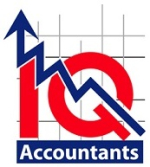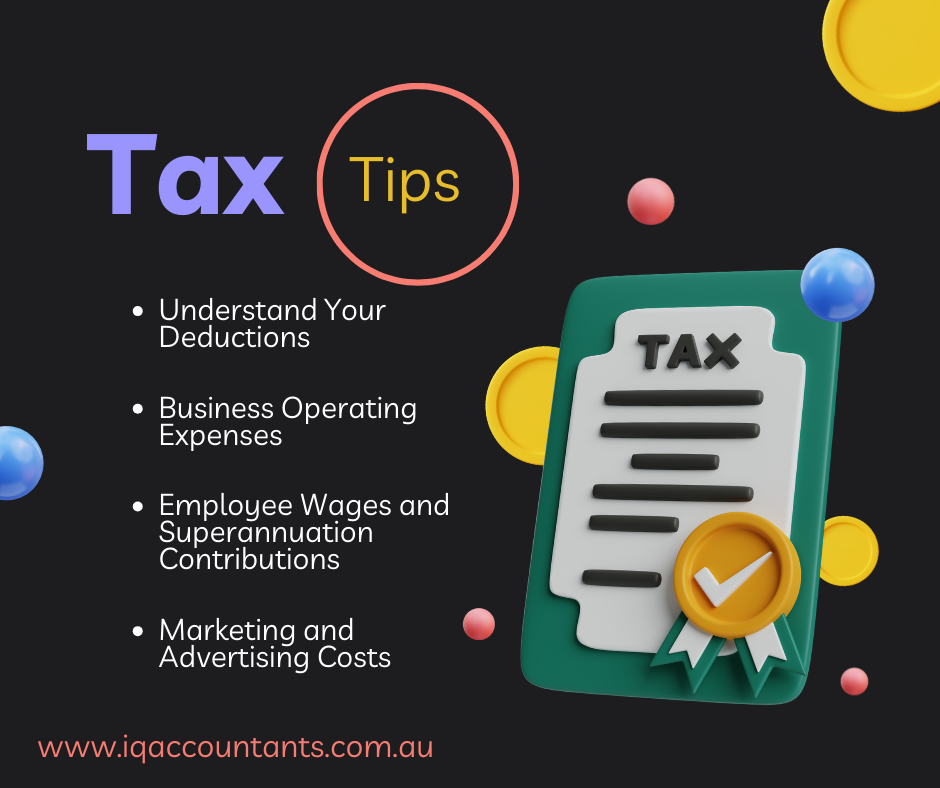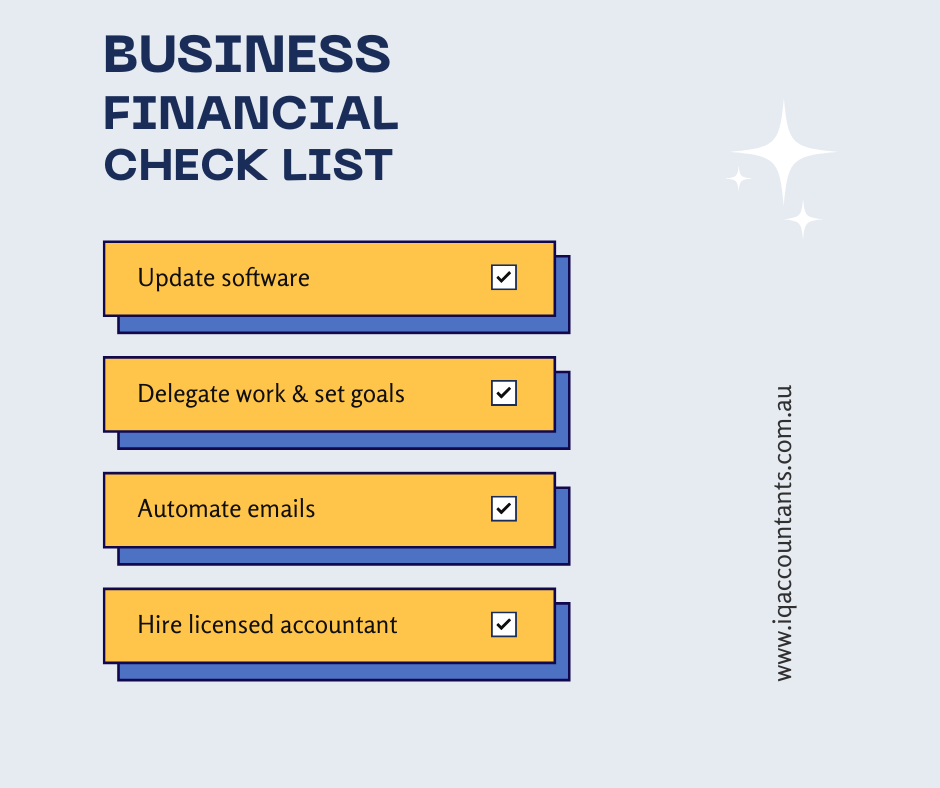
4 Most Common Types of Accountants
What the first thing that comes to mind when you think of an accountant?
Some people imagine a stressed business expert working nonstop to submit their customers’ tax returns. The average person will often associate accountants with taxes. If that includes you, you may be amazed to know that there are numerous types of accountants, plus tax-related obligations that are often just a minor part of their job duties.
If you like working with numbers and are good at being detailed and organised, accountancy can be an ideal job for you. If you’re looking to get started in the world of accounting, here’s a list of the four most common types of accountants that you should know about.
Financial Accountant
To become a financial accountant, you need to acquire a bachelor’s degree in the financial field, also a Chartered Accountant (CA) or Certified Practising Accountant (CPA) qualification is necessary.
A financial accountant manages organisation’s accounting and financial operations. They monitor the company’s financial performance and give financial data to other units for budgetary and investment selections.
These kinds of accountant’s tracks costs, profits, and expenses. Other duties include; generating KPI reports, compiling and analysing data used in the creation of weekly or monthly assessments; supporting with the compilation of year-end and annual accounts, and dealing with financial issues by compiling and arranging data. A financial accountant profession requires a financial degree and expertise.
Business Accountant
Business accountants can enter the field in lower-job levels if they have an Associate degree. However, if you’re wanting to get a more advanced role, a Bachelor degree is desired and required.
These accountants use statistics and financial data to assess a firm, organisation, or a person. They examine profits and losses using arithmetic, accounting, legal, and financial abilities. They let investors and business owners track a company’s progress over time. This data is used in a company’s report and legal filings.
In addition, this type of accountant audits and reports on your company’s accounts. Their role is to ensure data accuracy and timely tax payment. Some can also perform bookkeeping. They can help to file tax returns efficiently and precisely, they recognise challenges (such as missing inventory, increased costs for products, or other challenges). This can affect your business negatively in many ways. They can also help to identify potential growth areas by analysing pricing, cash flow patterns, and inventory management.
Tax Accountant
Tax accountants should hold a bachelor’s degree in finance or accounting. Some businesses do require them to also have a master’s degree and even accreditations as financial planners or enrolled agents. Tax law would also be a big plus for this specific role!
These accountants help customers prepare tax returns that comply with tax legislation. They keep their customers informed about their returns and work with them to develop a strategy that will help them achieve their financial objectives. Their tasks include creating tax paperwork for clients, such as – public and private enterprises, voluntary organisations, governmental groups, and individuals.
What’s more, tax accountants often serve a diverse clientele, requiring excellent communication skills and the capacity to actively listen to their clients’ needs. Tax professionals typically work longer hours during tax season to make the tax procedure as simple as possible for their customers.
Investment Accountant
Investment accountants usually have a bachelor’s degree in finance, accounting, economics or business. They sometimes have a master’s in accounting too. This position also requires a thorough understanding of state and federal rules governing the maintenance, reporting, and management of investments.
These accountants work in broker and asset management organisations and handle their customers’ money. Investment accountants handle investments and can also give financial advising and guidance in collaboration with portfolio managers and brokers. This type of accountants can also assist in the development of the firm’s vital financial plans and preparing tax reports on investment accounts.
You’ll likely be pleased to discover that there are several types of accountants whose knowledge extends beyond taxes.
IQ Accounting are the local Gold Coast accounting team! We specialise in accounting / bookkeeping, tax, business accounting and more. Call our team of accounting experts today on 07 5576 0011. We’re here to help and to make your life easy!














